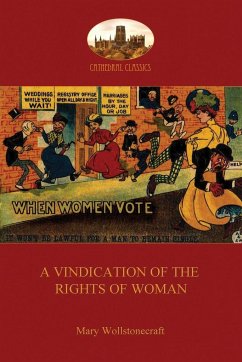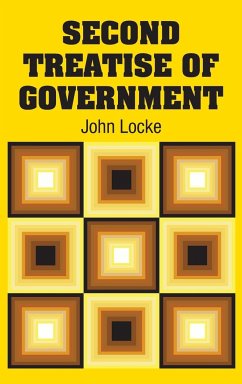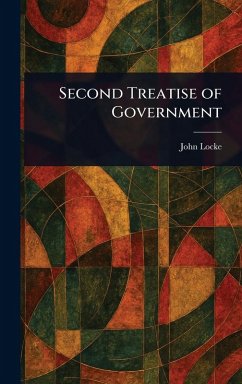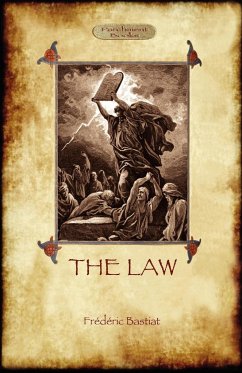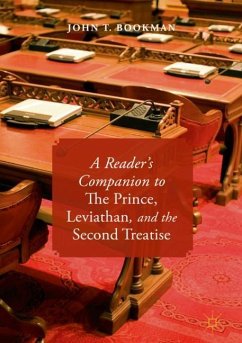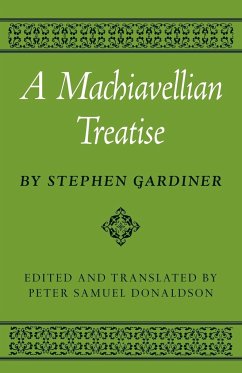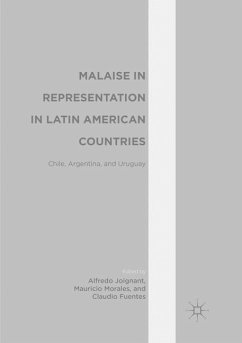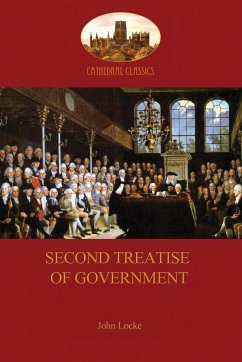
Second Treatise of Government (Aziloth Books)
Versandkostenfrei!
Versandfertig in 1-2 Wochen
11,99 €
inkl. MwSt.

PAYBACK Punkte
6 °P sammeln!
John Locke (1632-1704) remains a dominant figure in the history of political philosophy, and is rightly considered one of the 'Fathers' of the Enlightenment. Published in 1690, his 'Second Treatise of Government' was written as an apologia for the overthrow of King James II, and puts forward major concepts such as popular sovereignty, the disadvantages of absolute monarchy, the division of government into separate judicial, legislative and executive branches, and the right of a people to dissolve their government. Locke's work has proved extremely influential, providing a basis for many politi...
John Locke (1632-1704) remains a dominant figure in the history of political philosophy, and is rightly considered one of the 'Fathers' of the Enlightenment. Published in 1690, his 'Second Treatise of Government' was written as an apologia for the overthrow of King James II, and puts forward major concepts such as popular sovereignty, the disadvantages of absolute monarchy, the division of government into separate judicial, legislative and executive branches, and the right of a people to dissolve their government. Locke's work has proved extremely influential, providing a basis for many political doctrines, including the Declaration of Independence and the Constitution of the United States.



